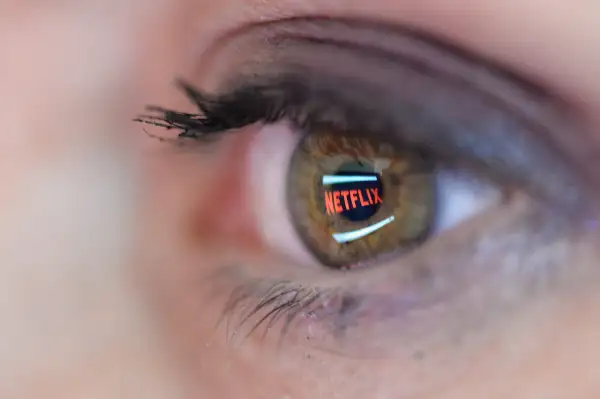No, the FBI Won't Drag You Away for Sharing Your Netflix Password

On Tuesday, the Internet recoiled with some alarming news that affected a massive number of people: The act of sharing Netflix passwords has apparently been decreed a federal crime, based on a ruling from the U.S. Ninth Circuit Court of Appeals.
The ruling in United States v. Nosal found that password sharing was a crime under the Computer Fraud and Abuse Act (CFAA), a 1986 law that famously prosecuted hacker Aaron Swartz and was called the "the worst law in technology" by Tim Wu of The New Yorker.
The case of U.S. v. Nosal was not about Netflix cracking down on users who were playing fast and loose with their accounts, however. Rather, it was about a former employee of a company who continued to use a coworker's account to gather useful information as he and others readied to launch a competing firm. The Netflix connection only came up when a judge became concerned with what he saw as a broad decision.
The majority ruling specifically noted the case was about Nosal's situation, writing "this appeal is not about password sharing." Despite that clarification, Judge Stephen Reinhardt felt the other judges still painted password sharing in a broad brush, including consensual password sharing in its decision. In Reinhardt's view, the court's majority failed to create a "workable line" between pedestrian password sharing of something like a legitimately-owned Netflix account and grievous transgressions like stealing trade secrets.
"The CFAA should not be interpreted to criminalize the ordinary conduct of millions of citizens applies equally strongly here," Reinhardt wrote. "I would hold that consensual password sharing is not the kind of 'hacking' covered by the CFAA."
Reinhardt may have written that as a dissent, but fortunately for Netflix users and poachers, his interpretation also seems to reflect the views of the company itself.
Reached for comment, Netflix declined to opine on the judgement, but noted that the $11.99 plan allows four devices to stream at the same time and the $8.99 plan allows two.
Read Next: The Real Rules for Sharing Passwords at HBO Now, Netflix, Amazon Prime, and Hulu
While Netflix probably doesn't want to come out with an official policy encouraging password sharing, CEO Reed Hastings said sharing account information was "a positive thing" earlier this year, according to TechCrunch. That echoes HBO president Richard Plepler's earlier sentiment that he regarding sharing streaming account info as a "terrific marketing vehicle." Both executives noted that password sharing helped create future subscribers.
Although Reinhardt may think his peers on the Ninth Circuit Court might now see password sharers as "fraudsters," the streaming services have done nothing to suggest agreement and crack down. They are, for now at least, keeping on their rose-colored glasses and seeing these people as "future customers."
And why should they take a hard line and risk alienating current and future subscribers? Plan prices are far from exclusionary and, as Netflix itself noted, restricting the number of people who can watch at the same time effectively limits runaway sharing. Most of all, the status quo of live-and-let-live sharing has been a symbiotic relationship that has yielded some incredible marketshare gains on the old guard of cable TV.